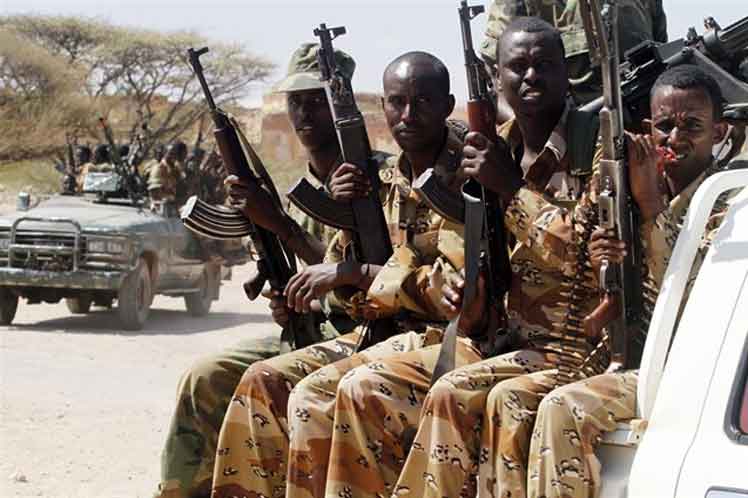Somalia’s government is requesting a delay in the withdrawal of African peacekeepers, cautioning against a potential security vacuum that could be exploited by resurgent al-Shabaab militants, according to documents reviewed by international media outfit as the African Union Transition Mission in Somalia (ATMIS) has committed to a complete withdrawal by December 31, with plans to replace it with a smaller force. However, a letter sent last month to the acting chair of the African Union Peace and Security Council requested delaying the withdrawal of half the 4,000 troops scheduled to leave by the end of June until September.

A joint assessment by the Somali government and the African Union in March, mandated by the U.N. Security Council, recommended adjusting the overall withdrawal timeline based on the readiness and capabilities of Somali forces. The assessment warned that a “hasty drawdown of ATMIS personnel will contribute to a security vacuum.”
“I’ve never been more concerned about the direction of my home country,” said Mursal Khalif, an independent member of the defense committee in parliament.
Concerns about long-term financing and sustainability have led the European Union and the United States, the main funders of the AU force in Somalia, to advocate for reducing the peacekeeping operation. This stance has complicated negotiations for a new force, with the AU initially pushing for a more robust mandate than Somalia desired. There are fears that a heated political dispute could lead Ethiopia to withdraw some of its most experienced troops.
Despite these challenges, Mohamed El-Amine Souef, the AU special representative to Somalia and head of ATMIS, emphasized that all parties are committed to an agreement that ensures sustainable peace and security. “The AU and Somalia’s government have emphasized the importance of a conditions-based drawdown to prevent any security vacuum,” he told Reuters.
The Peace and Security Council is scheduled to meet on Thursday to discuss the drawdown and subsequent missions. As the drawdown proceeds, with 5,000 of the approximately 18,500 troops leaving last year, the Somali government has expressed confidence. It has proposed that the new force should not exceed 10,000 troops and be limited to tasks like securing major population centers.
Rashid Abdi, an analyst with Sahan Research, suggested that the call for a smaller force reflects the views of nationalists who oppose a heavy foreign presence in Somalia. The outcome of these discussions will be crucial in determining Somalia’s security landscape in the coming months.





